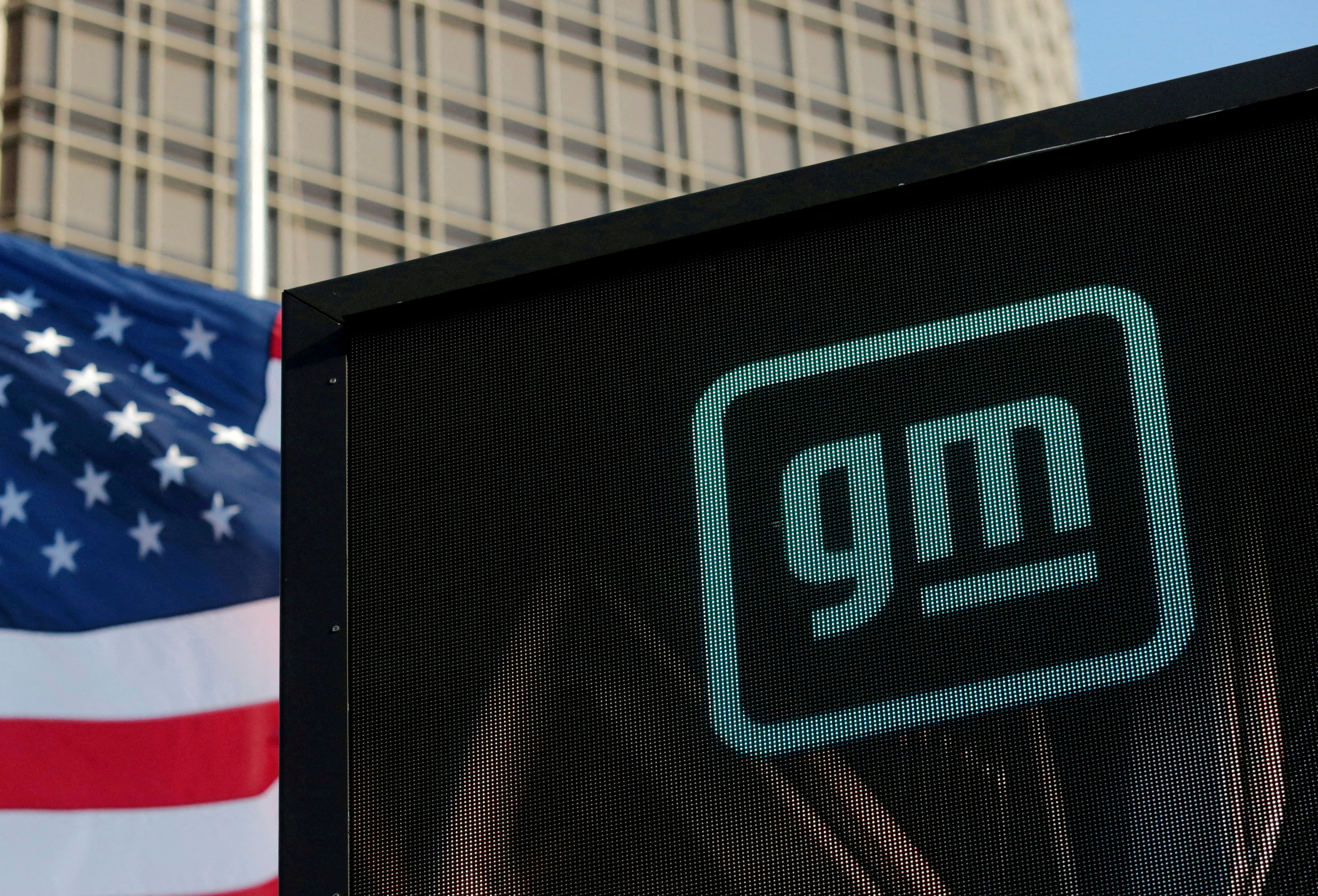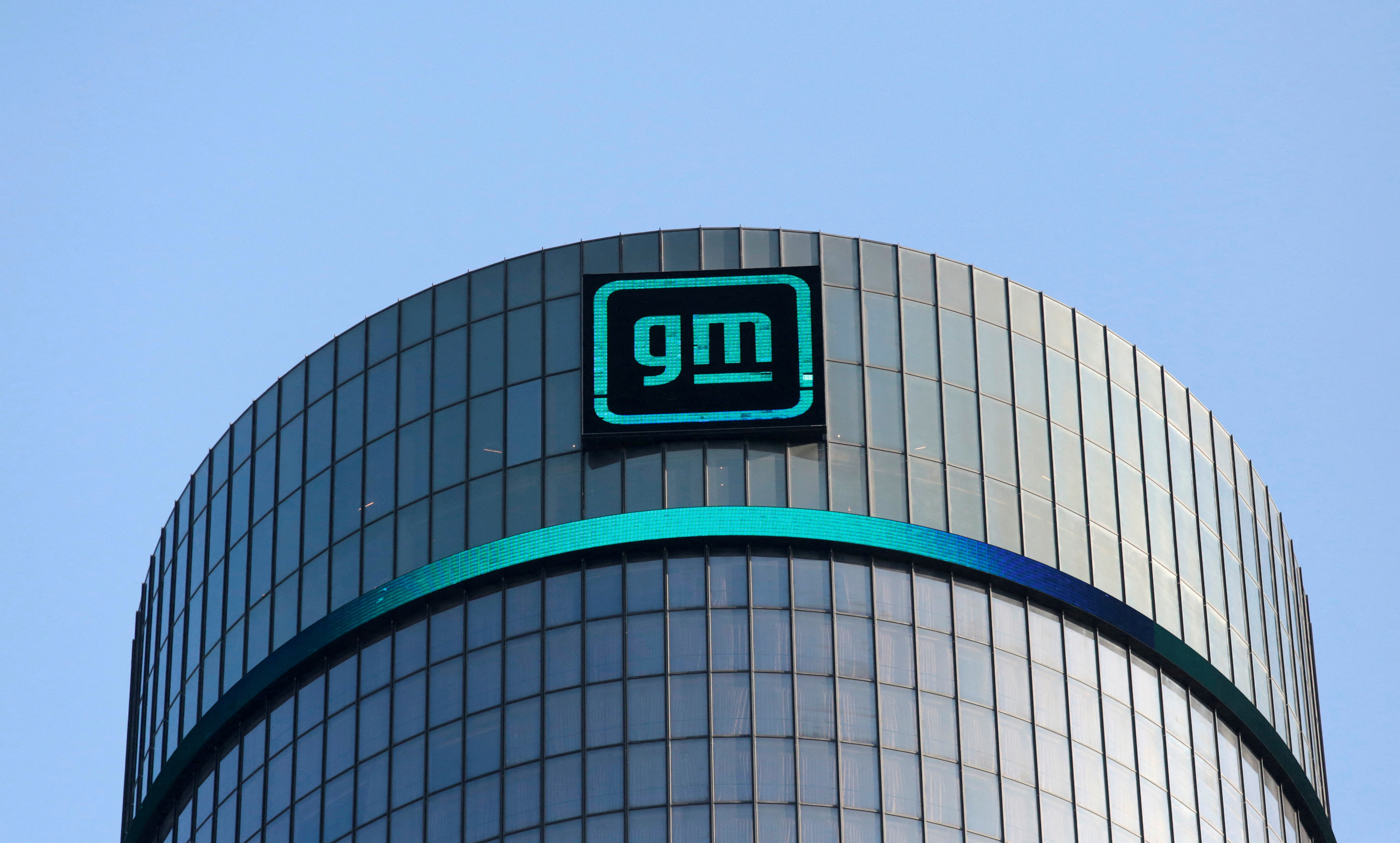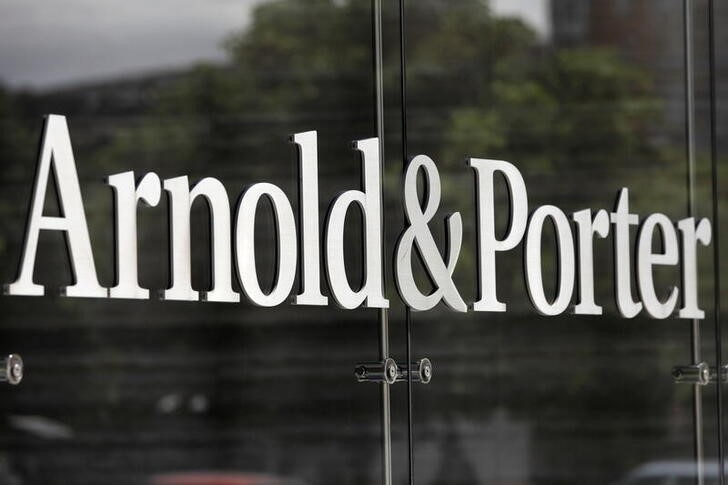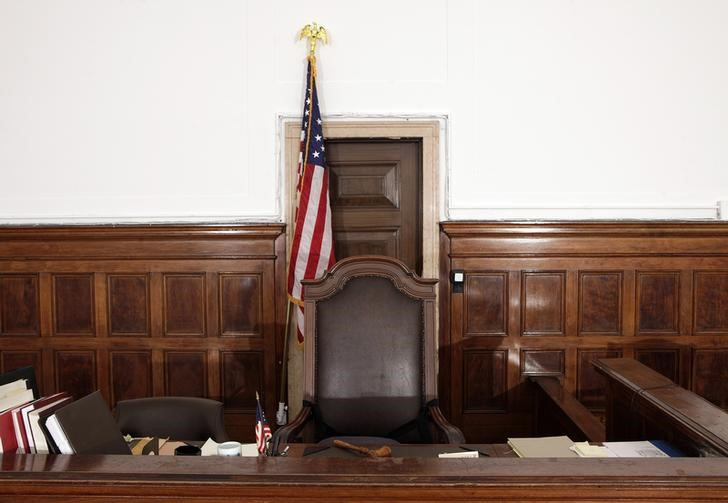Tesla pushes US appeals court to uphold ban on workers' union t-shirts
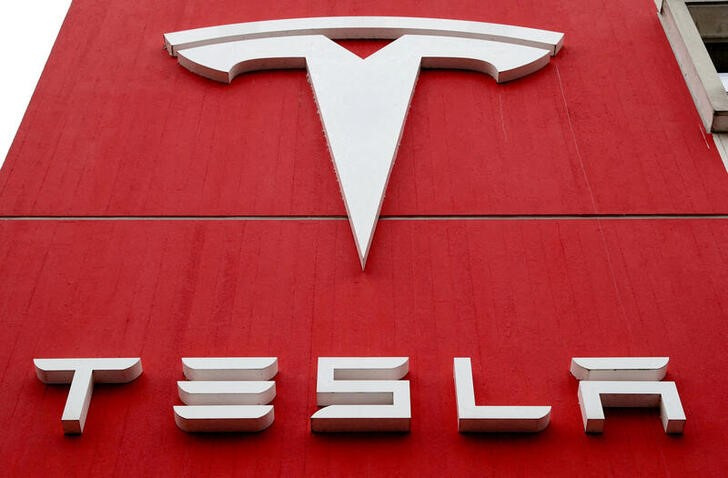
The logo of car manufacturer Tesla is seen at a branch office in Bern, Switzerland October 28, 2020. REUTERS/Arnd Wiegmann/File Photo Acquire Licensing Rights
Sept 6 (Reuters) - A U.S. appeals court panel on Wednesday seemed open to reversing a labor board's ruling that Tesla Inc violated the rights of factory workers by barring them from wearing t-shirts supporting a union campaign.
The 5th U.S. Circuit Court of Appeals panel in New Orleans repeatedly questioned lawyers for Tesla, the National Labor Relations Board and the United Auto Workers union (UAW) about whether the fact that Tesla still allowed workers to wear union stickers was enough to uphold its uniform policy.
The NLRB last year said the policy requiring workers at factories in California and Nevada to wear black shirts with Tesla logos was illegal because there were no "special circumstances" warranting restrictions on union attire.
Tesla adopted the policy in 2017 amid a campaign by the UAW to organize production workers. The union has accused Tesla of various unlawful tactics to stifle organizing, which the company has denied.
During oral arguments on Wednesday, the 5th Circuit judges suggested that Tesla may not have been required to prove special circumstances justifying its uniform policy, such as public image or safety concerns, because it only prohibited t-shirts and not all union insignia.
"A sticker says 'go union,' 'union is good' or whatever. In what way is that an insufficient means of communication?" Circuit Judge Jerry Smith asked Micah Jost, who represented the NLRB.
Circuit Judge Stephen Higginson similarly suggested that the ban in federal labor law on prohibiting union insignia did not mean employers must allow all union-related apparel.
"If you have uniforms, you have to let them still express themselves through some sort of item attachment, and (Tesla) would say they're doing that and the record suggests that they are," Higginson said.
Jost said Tesla's policy did not explicitly allow union items to be worn along with company t-shirts and that the stickers some Tesla workers wore were small and had less of an impact than a union t-shirt.
Michael Kenneally of Morgan Lewis & Bockius, who represents Tesla, told the court that if the board's decision is upheld it would mean that company uniform policies that have been common for decades would be illegal unless employers can justify them.
Echoing the judges, Kenneally pointed out that Tesla's policy provided for alternative means for workers to convey union messages, such as the stickers.
“There hasn’t been a meaningful infringement on employees’ ability to communicate their support for the union,” Kenneally said.
The panel also included Circuit Judge Leslie Southwick.
The full, or en banc, 5th Circuit is separately considering Tesla's appeal of an NLRB decision that said CEO Elon Musk violated federal labor law by tweeting in 2018 that employees would lose stock options if they joined a union. A three-judge 5th Circuit panel in March had affirmed the board's decision.
The case is Tesla v. NLRB, 5th U.S. Circuit Court of Appeals, No. 22-60493.
For Tesla: Michael Kenneally of Morgan Lewis & Bockius
For the UAW: Daniel Curry
For the NLRB: Micah Jost
Read more:
U.S. agency: 'unlawful' for Tesla to prevent employees from wearing union shirts
NLRB could use Tesla case to overturn Obama-era ruling on work uniforms
US appeals court to reconsider decision on Elon Musk tweet about unions
Reporting by Daniel Wiessner in Albany, New York
Our Standards: The Thomson Reuters Trust Principles.
